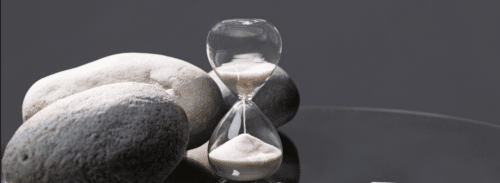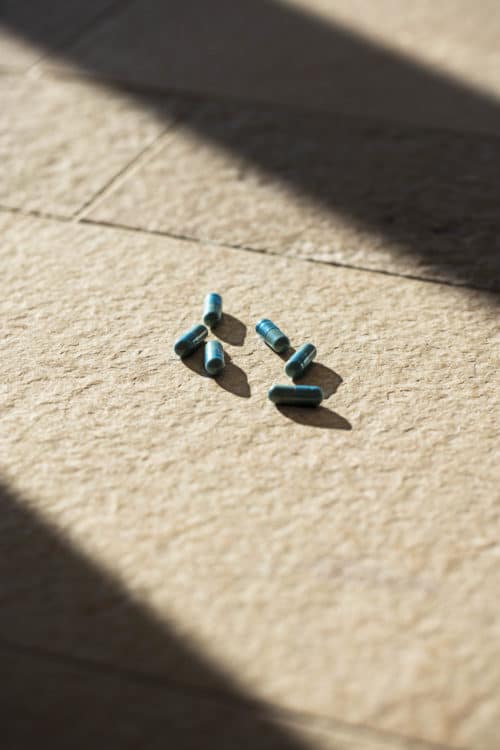Good news: you can turn back time with your epigenetic clocks!
Did you know that your environment can affect your genes and therefore the way you age? And that there is a difference between your biological (epigenetic) age and your chronologic age?
Did you know that your environment can affect your genes and therefore the way you age? And that there is a difference between your biological (epigenetic) age and your chronologic age?
Many functions in the body are controlled by natural cycles that tend to last 24 hours. These cycles are known as circadian rhythms. A small hypothalamic nucleus located deep in the brain, the suprachiasmatic nucleus, performs a fine-grained control of our internal rhythms.
Stress and aging generate inflammation, energetic imbalance, oxidative damage by free radicals, and neural degeneration. Clinical evidence shows that breath work can promote the ability to deal with physical or emotional stress, empower metabolism, and affect longevity mechanisms in many ways by leveraging the major adaptive systems of the body.
Often called “cellular powerhouse”, mitochondria are cellular organelles responsible for most of the energy production we need to live. They play a fundamental role in health.
Each time a cell divides, part of its chromosomes’ protective caps – the telomeres, are lost. These caps are also sensitive to inflammation and oxidative stress, which can further promote their shortening. This reduction of length leads to the cessation of cell division and thus cellular senescence and cellular death. This process, along with other factors, causes aging, but there are ways to slow it down.
Premature aging is associated with immune system dysregulation, of which the most evident characteristics are increased levels of proinflammatory markers. Therefore, inflamm-aging is believed to stand at the origin of most of the diseases such as cancer, autoimmune disorders, and chronic inflammatory diseases.





